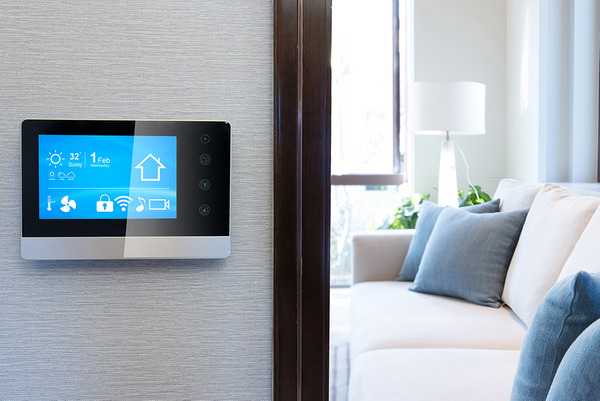
Simply having a device connected to the internet makes you a potential target to a host of cybersecurity threats. While many Indians have grown to love and rely on technology as it advances, cyber threats have also evolved equally quickly. According to a National Crime Record Bureau (NCRB) survey, digital India has become a target for cybercriminals whose rampant attacks contributed to a 63.5% increase in cybercrime in 2019. With the increase in cybercrime, securing your devices means having the freedom to use technology with confidence.
A firewall helps you do precisely that. It acts as the first line of defence between your system and the internet. The moment you’re connected to the internet, you are constantly sending and receiving information in small data units called packets. It blocks or allows network traffic based on a set of predefined or dynamic rules. A firewall goes a long way in protecting you and your family from cyber attacks.
What is a firewall and how does it work?
A firewall either blocks or allows network data traffic depending on a pre-defined or dynamic set of regulations. The function of a firewall is to protect networks and computers against unauthorised access from potentially dangerous actors. Acting as a gatekeeper that monitors and examines incoming and outgoing traffic, it protects your devices from harmful or potentially unwanted content and communication.
3 reasons why you need a firewall
For home network protection, firewalls are the first line of defence. They are so important to the digital health of your systems that most operating systems today come with a built-in firewall. However, using a third-party firewall application provides you with better control options and more consistent results. This is particularly important for home devices because of the sensitive nature of data stored in them.
A firewall is an effective tool for preventing and managing cyber threats, loss of data, and unauthorised network use. Here, we look at the top 3 reasons why you should have one.

Reason #1: Protects you from malicious activity
A firewall inspects the traffic going into and out of your network so that it can look for and block any unwanted internet traffic, along with viruses, worms, spam, etc. They also let you maintain a list of known good and malicious applications so that they can block the malicious applications and enable the good ones.
In addition, they log intrusion attempts and other violations so that you can investigate attempts made by unauthorised users to access your system, along with other suspicious activity.
Reason #2: Prevents unauthorised remote access
The worst thing that could happen to your system is for someone to take remote control of it. Indians learnt of this the hard way in 2021 when the COVID-19 test results of thousands of Indian patients were publicly leaked online. Another instance of data breach saw the personally identifiable information of500,000 Indian police personnel hacked from the police exam database and then put up for sale on a database sharing forum.
Firewall security measures are one of the most basic cyber protection tools that are used to prevent data breaches. Network security firewalls filter out incoming traffic to prevent malicious files from being downloaded and block attackers from accessing sensitive systems.
A firewall, such as the one found in ESET Internet Security, can help you prevent this by disabling remote desktop access, thus preventing interceptors from taking over your system. Without a firewall, it is easier for malicious actors to gain access to your system.
Reason #3: Helps you keep a lookout for vulnerabilities
Prevention is always better than cure. It’s a good idea to proactively stay one step ahead of attackers, by making sure that you have no vulnerabilities in your home network and router-connected smart devices that they can exploit.
Having a feature like ESET Smart Security Premium's Connected Home helps you achieve that easily. It can identify vulnerabilities in your home network, such as open ports or a weak router password, and even suggest options on how to fix any possible issues.
At home, we’re usually connected to our home network on our smart devices. This could potentially be a weak link for hackers to take advantage of if these devices are not properly secured. Connected Home keeps you and your loved ones safe by allowing you to test all your router-connected smart devices for vulnerabilities such as weak passwords. Then, it takes the guesswork out of fixing these issues by providing suggestions on how you can resolve them.
Furthermore, you will be able to see the list of devices that are connected to your home network, and get notifications whenever a new device is detected.